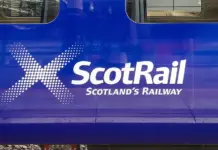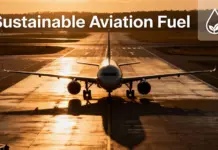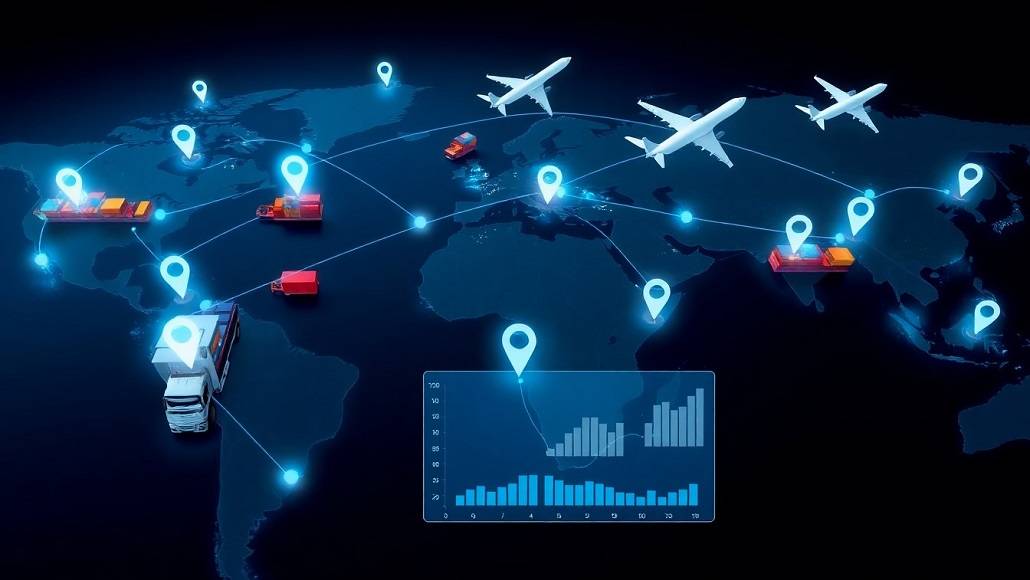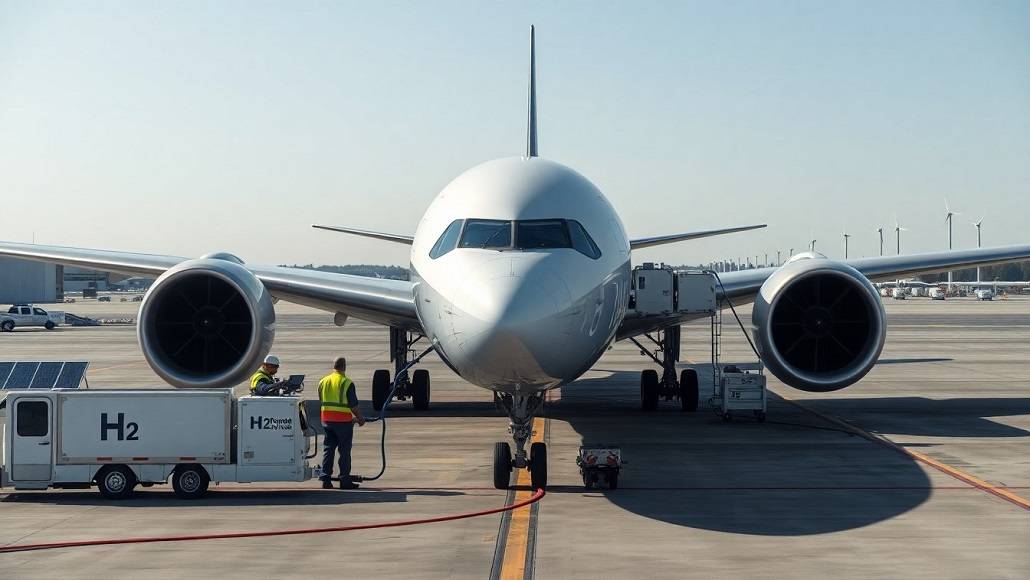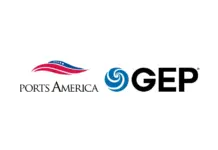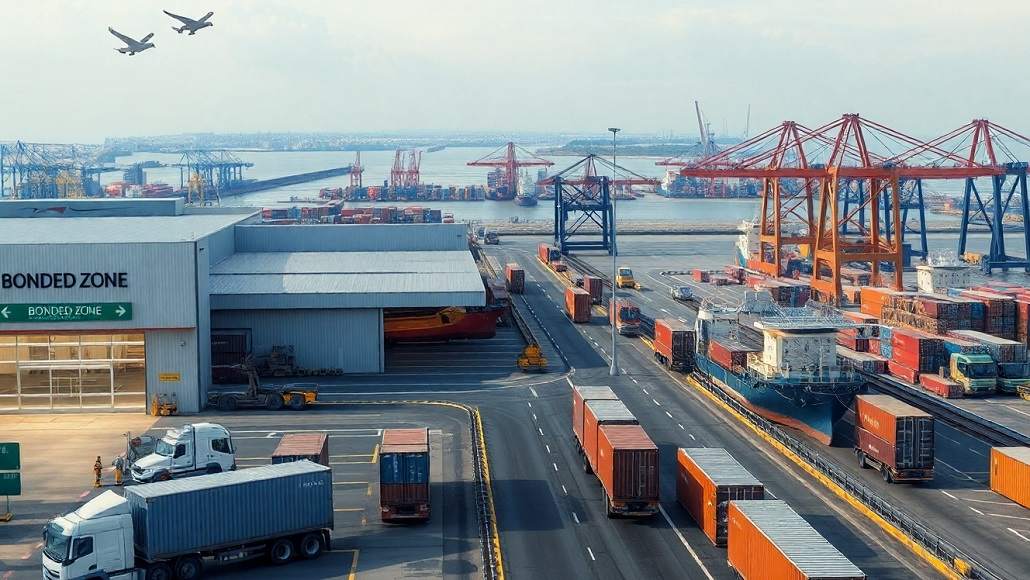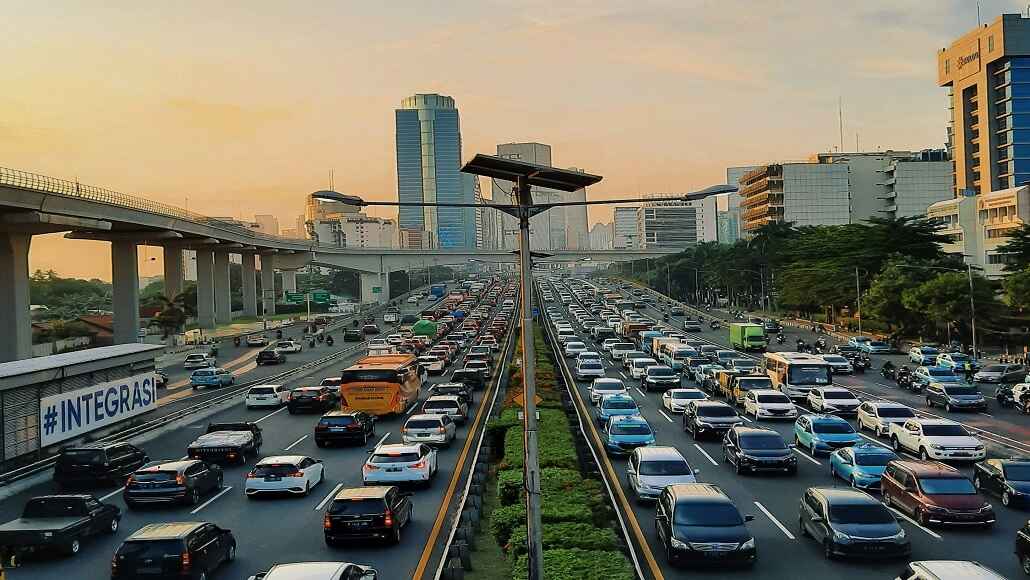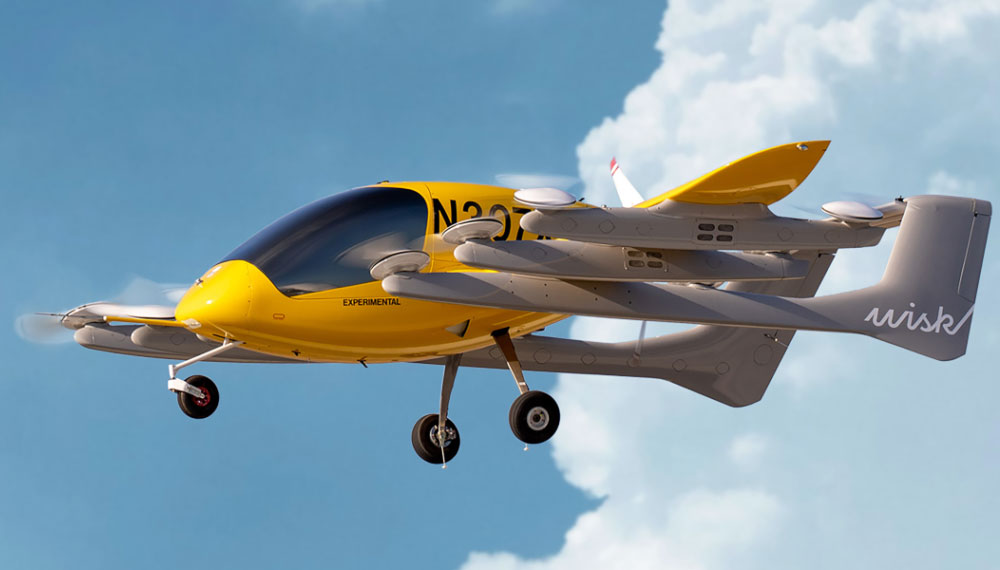Plans for autonomous flying taxis to transport passengers throughout south-east Queensland during the Olympics in 2032 have been criticised for being out of touch with the day-to-day requirements of inhabitants in the region. On July 21, the South-east Queensland Council of Mayors made the announcement that it had signed a memorandum of understanding with Wisk, an international business that specialises in air mobility, with the intention of bringing driverless taxis to the state within the next ten years.
Passengers could be carried among Olympic venues in Brisbane, the Gold Coast, and the Sunshine Coast, according to Wisk, once it receives approval to be able to fly in Australian skies.
Queensland’s need for such a plan was questioned by Brisbane Greens councillor Jonathan Sri, who claimed that it would just result in joy rides for the rich. Sri told Guardian Australia that it appears Brisbane’s mayor expects the mega-rich to pass overhead while the majority of the public is snarled in gridlock on the ground instead of expanding public and active transportation choices.
What would make him much more excited? For those on modest means, there are reliable late-night bus services that are inexpensive for those in the suburbs. That can’t be too much to expect. According to Sri, if there were more than a handful dozen air taxis in the skies, they would likely experience the same traffic problems as other modes of transportation.
He stated that he can tell anyone right now that he won’t support their landing in council parks or squares if these private taxis demand enormous landing pads. Adrian Schrinner, chair of the Council of Mayors and lord mayor of Brisbane, defended the idea and referred to it as a gamechanger that would help the state’s aviation sector.
According to Schrinner, the idea wouldn’t cost the council a cent because it was sponsored by businesses and the council would keep making investments in public transportation systems. They need to make sure they prioritise the investment because the city has expanded quickly, some areas are underserved by public transportation, and others don’t make good use of those services, he told reporters on July 21.
As the company grows, the transportation will become more economical, in the realm of Uber X or Uber Black, according to Catherine MacGowan, Asia Pacific area director at Wisk. Being self-flying allows them to scale this mode of transportation and lower the cost, said MacGowan.
According to Guardian Australia, depending on demand or surge pricing, a one-way Uber X travel from Brisbane’s CBD to the Gold Coast or some areas of the Sunshine Coast may cost hundreds of dollars. MacGowan was questioned about the company’s air taxis’ noise emissions, and he responded that they are much quieter than helicopters and require less room for landing.
The aircraft’s current models can only accommodate two people, but the next generation of the aircraft will have four seats, according to Wisk Chief Marketing Officer Becky Tanner. She did not give a start date for the flying taxis but assured that they would be safe because someone was constantly in the loop and keeping an eye on them from the ground.
They plan to reach at least 20 cities in the first few years, and they hope to have at least 14 million riders worldwide, she added. Flying taxis operating in south-east Queensland during the Games as well as as part of the ongoing transport network of Brisbane city, according to Schrinner, was a real prospect. They are certain that additional firms will enter this market. Wisk will take the initiative, he said.
A different private firm, Skyportz, has also made plans to build an air taxi hub in Moreton Bay during the next ten years. Following the announcement of a collaboration with Airservices Australia, the Brazilian company, EmbraerX, is also attempting to provide air taxis to Melbourne by 2026.











